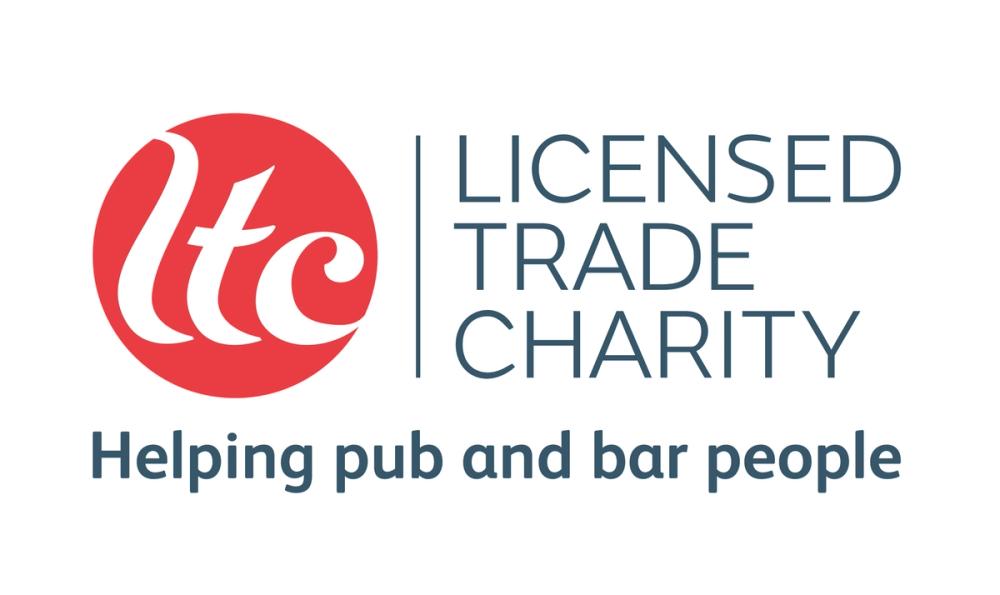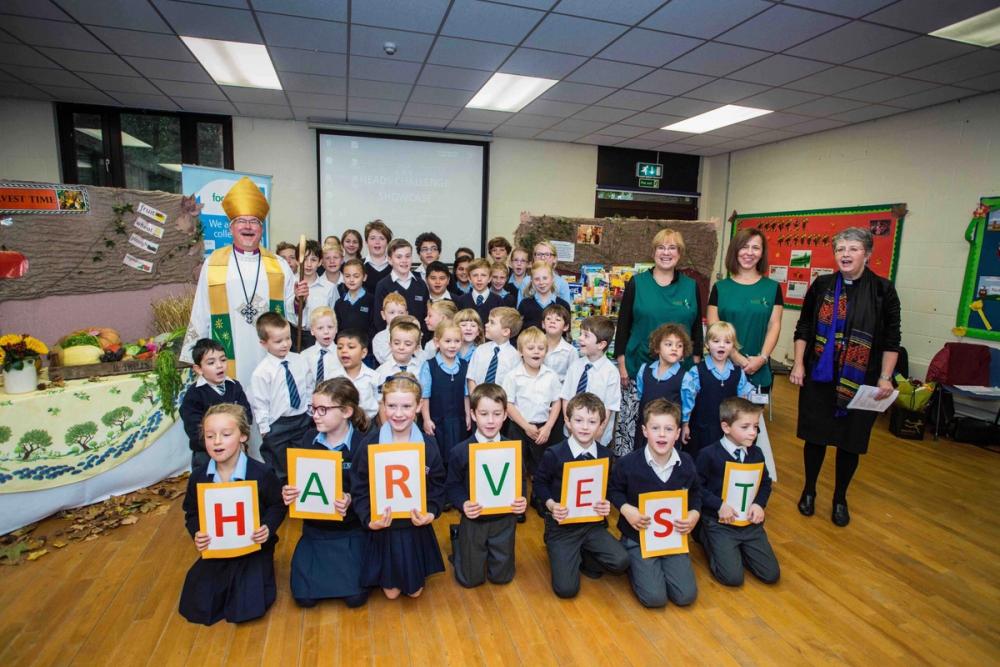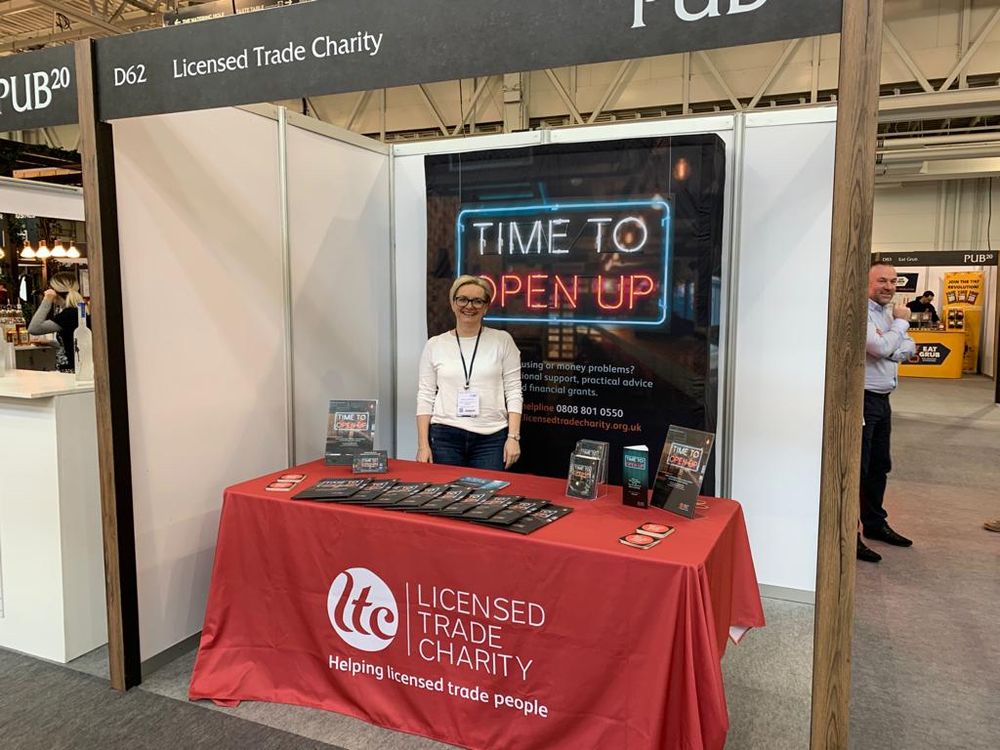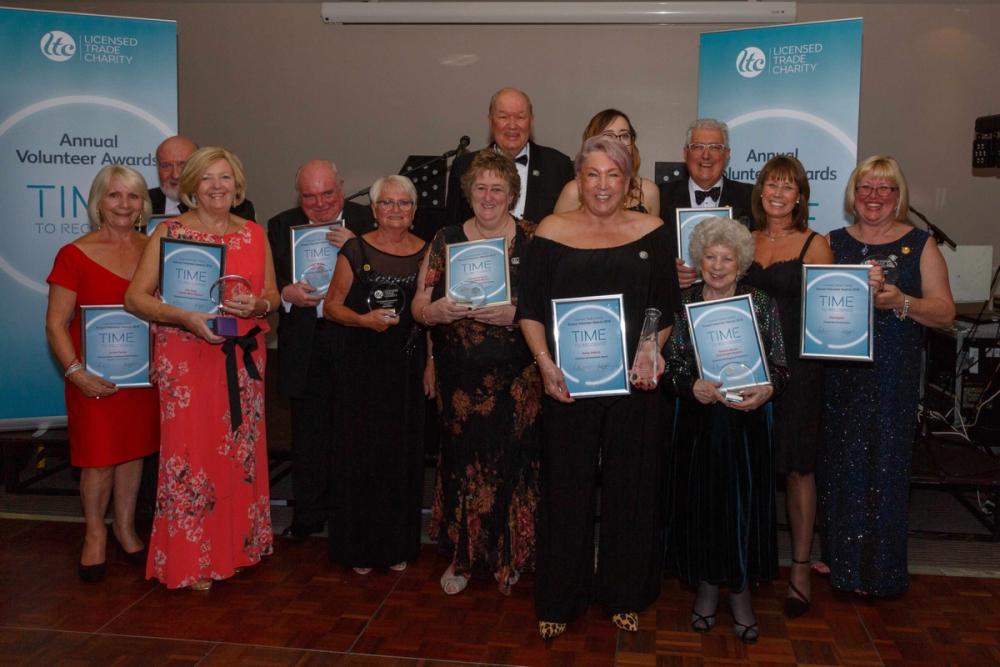The Licensed Trade Charity goes into Christmas with the clear objective of being able to support as many people as it possibly can in the coming weeks and months.
By its own admission the Licensed Trade Charity could do more to talk about the invaluable work it does to support tens of thousands of people across the UK hospitality, beer and brewing sectors.

Crucially those in need have been able to get the support they need, but its ambition going into 2021 is to spread the word even more about the grants and services it can provide so that it can help even more people in need across the drinks industry.
The charity even runs three fully funded independent schools providing education to thousands of children from the sector level of learning and education.
Paula Smith, its head of of marketing, says its primary objective, ever since it was first founded back in 1793, was to support the pub and licensed drinks trade. As it has grown and developed its services it is now far more in a position to spread the net a little wider and look to help more people in other areas of the drinks on and off-trade and its supply chain, including the wine and spirits sectors.
To do that, she admits, it needs to raise more awareness about what the charity does and can do for people right across the sector. “So that we can we provide the support where we are best placed to provide it,” she says.
Fast growth
The pandemic and impact of the on-trade being closed down for so much of 2020 has pushed the charity on to another level. Whilst in 2017, for example, it was able to work with support 8,300 people in the drinks trade, that increased dramatically to 73,000 in 2020, resulting in the charity awarding £1.96 million in grants and services.
“We saw a 219% increase in visitors to our website and 123% increase in calls to our website. The number of grants and support we were able to give out was up 96%,” says Smith.
It has clearly put an enormous pressure on the charity’s own resources and finances and has been a challenge for the team, but it is one they have all stepped up to take, adds Smith.

The Licensed Trade Charity has been able to help thousands of people in hospitality sector during the pandemic
The website, for example, has downloadable self help sheets on all sorts of areas of support, be it mental wellbeing, emotional as well as practical advice on what to do if you have lost your job, or need help with payments and debts.
Central to the Licensed Trade Charity’s service is its invaluable 24-hour free helpline that is there day and night to give people the support they need when they need it.
“All are services are free,” stresses Smith. “We are able to offer people grants – not loans – of up to £5,000 (application criteria applies).”
Many of its beneficiaries come first through the helpline and then speak to either information specialists, trained to Citizens Advice level or trained counsellors for support in all areas of social, mental wellbeing and financial who will provide help on a confidential basis.
The central Licensed Trade Charity team is very small considering the amount of people they support, and includes four in the marketing team and six in the charity services delivery side of the organisation.
Partnerships are key
It is through partnerships and working with third party specialist organisations where the charity can be most effective, says Smith. For, after all, they are the experts in their field.
The charity works with a wide range of organisations ranging from Shelter, Only A Pavement Away, to CPL Learning and Hospitality Jobs UK to name just a few that can all play their part in supporting those going through a hard time and extending the services and expertise the Charity can offer.
Her advice to anyone who is struggling for support is to come through to the charity first and its team will then help link you up to the right specialist to give you the extra support you need.
Crucially Smith says anyone who has worked in the beer, pub and drinks trade qualifies for its support. Whether you have done one shift or worked in the trade for 30 years. Clearly the level of support you can get will be different but the door is very much open. To get financial support you will have needed to be in the sector for a total of five years which could have been at different stages of your career.
The support it can provide might go from helping with rent arrears, having a new washing machine fitted, school uniform for children providing it is up to a maximum of £5,000.
The key objective here, stresses Smith, is that people do not become dependent on the charity but see it as very much a way to help them get back on their feet. They will not be asked to pay any of the money back.
“We are effectively a one stop shop for support,” she adds. “We really want people to come to us before a situation turns into a crisis as one issue is usually linked to another and we can then offer help in different ways.”

The Licensed Trade Charity also runs its own fee paying school which offers bursaries to drinks industry members. Picture WWW.BRIGHTONTOGS.COM/Skye Brackpool
Part of that help is being able to support with short term income for those that have suddenly lost their jobs and then guidance on how to manage any current or impending debts and signpost to organisations that can help put in place debt management payment plans. Beneficiaries can also take advantage of free 30 minute legal advice where needed.
The charity has also been able to provide help to trade members’ children who are also very much affected by what is happening to their parents and can provide children and young persons’ counselling through their partnership with Relate.
Pro-active support
The Charity provides training for managers in pubs and bars to help them help their teams’ mental wellbeing. The training gives them confidence to identify mental health issues amongst their teams and gives tips on how to have those difficult conversations and to know where to sign post people.
“We can train managers to identify when there might be an issue and give them the confidence to have that initial conversation which is often the hardest thing to do,” says Smith. “We are also able to can then support with a team of counsellors to offer emotional help if there is a critical situation.”

The Licensed Trade Charity is always looking for new partners and supporters to help raise funds
This might be for when there has been a serious fire, physical abuse or a suicide within a close team.
Another key area of support is housing and how it can help with rents and deposits for a place to live. Or it could be help with repairs and heating and essential things that need doing in a property. All of which can go on and have an impact on an individual’s own mental health, says Smith.
It can also provide useful contacts for alternative housing for those who may be a victim of domestic violence and can move quickly to provide that key support.
The charity did use to own its own retirement homes but sold them to Anchor Housing. The Charity retains preferential referral rights with Anchor to housing for over 55’s from the licensed trade.
The last year has seen demand for the charity’s physical and mental health support increase with so many of the trade, at various times, either on furlough, losing their jobs, or working on reduced hours and now working increased hours to help manage the industry wide shortage of staff. It can provide advice in areas such as how to tackle and get on top of your sleep and other mental and wellness initiatives.
School support

The LVS Ascot school provides vital funds for the over all charity. Photo by Liz Finlayson/Vervate
Where the Licensed Trade Charity’s support goes to a very different level is the education it provides to trade members’ children who need extra help through attending the school it either runs or with grants to support their successful education in their current school.
The Licensed Trade Charities mainstream school, LVS Ascot, was once only for licensed trade people, but was opened up as a fee paying independent school for any child to join in the mid 1900s. Those fees provide income for the charity.
Trade people can apply for bursaries, that are means tested, and can be worth between £10k to £30k a year to attend LVS Ascot school in Berkshire. For years 9 and 12, highly able children can look to get one of the five scholarship places (three 100% and two 50%) that are available every year there. For those interested in full or part time boarding parents can pay the additional boarding fee costs to take up the scholarships, with a 20% discount on the boarding element of both scholarships for anyone who has worked in the licensed trade for five years or more. That same 20% discount can also be applied to the 50% of day fees payable through the WCI scholarship.
As well as the full time educational support for children most in need, the LTC also provides funds for wider educational needs be it uniforms, computer equipment transport, extra-curricular activities that trade peoples’ children might need.
Every little helps

The charity is able to support rewards members of the hospitality industry right across the country
The charity very much lives on the philosophy that lots of little things can make a real difference to people’s lives. It could, says Smith, be a new set of knives for a chef, or an operation on our teeth. They Those little things can be a big step in giving people the self-confidence they need to make the next step on their own.
How it is funded
Being able to provide such a wide range of services is one thing, having a sustainable financial model to afford it is another. This is where the longevity of the Licensed Trade Charity has really helped and the investments, in particular, it has made over the last 228 years, provides it with a solid financial structure.
The school also provides an invaluable annual financial income and has really helped the charity move forward and add more services to its programmes.
It has good relationships with a number of major brewers and pub groups who provide financial support. It is why the time is very much right to “spread the word” as much as it can to get more supporters on board to help it provide the funds, but also for trade members to use its services for any support they need.
“We are happy to work with companies in their own way and what we can do most for their employees,” says Smith. “That is what we are here to do. To help as many people as possible.”
- You can find our more about the Licensed Trade Charity here.
- Its support line is 0808 801 0550.
































